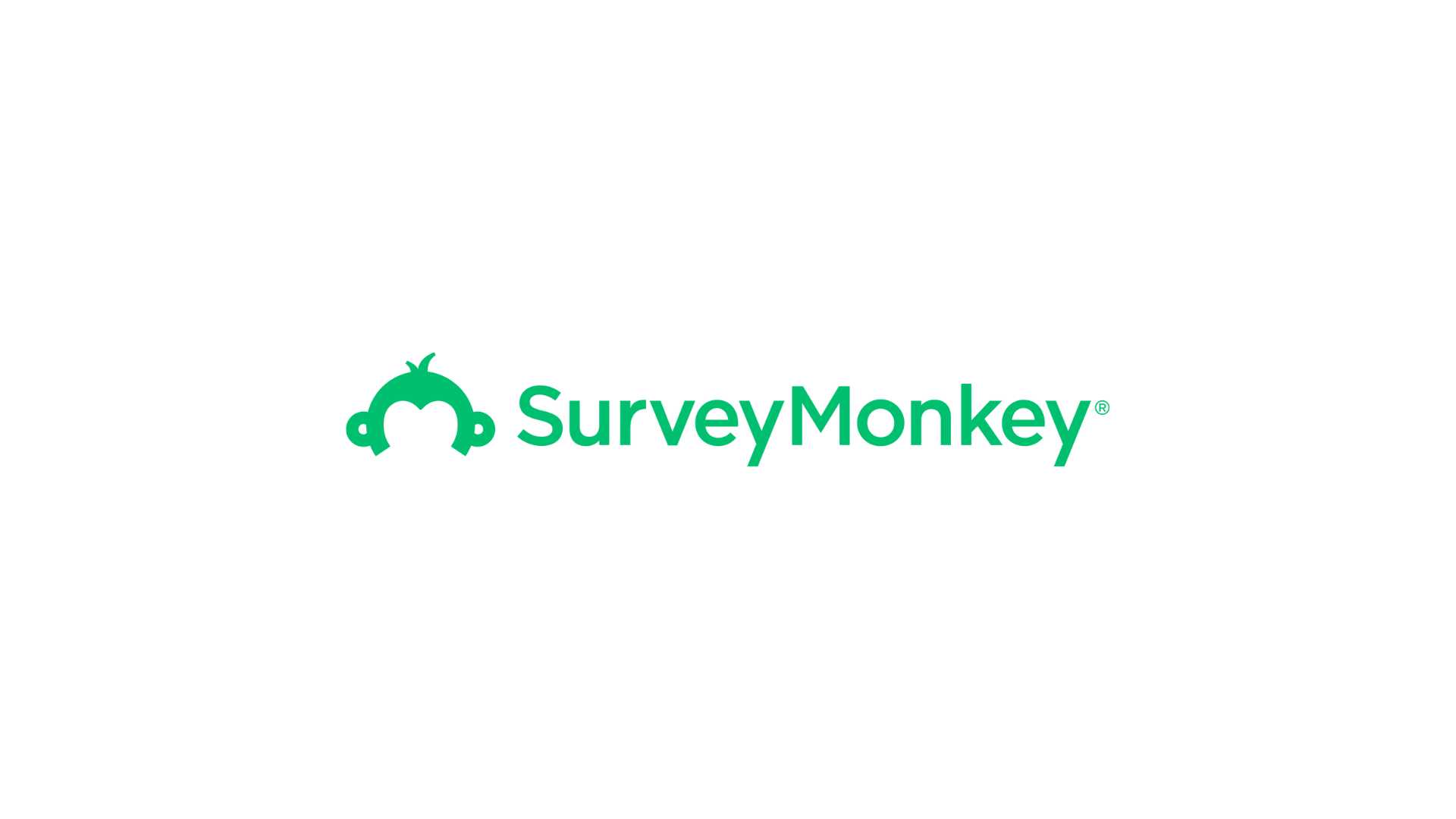Bybit Teams Up with Taxbit to Strengthen Global Crypto Tax Compliance

As global regulators tighten their grip on cryptocurrency tax reporting, Bybit—the world’s second-largest crypto exchange by trading volume—is taking a proactive stance. The exchange has announced a partnership with Taxbit, a leading provider of digital asset tax and accounting solutions, to automate compliance with the OECD’s Crypto-Asset Reporting Framework (CARF) and the EU’s DAC8 directive.
The integration marks a pivotal move for Bybit, signaling that large-scale exchanges can’t just be trading hubs—they must now act as compliance powerhouses, too.
Making Global Crypto Taxation (Almost) Effortless
Through Taxbit’s automation infrastructure, Bybit will enable CARF-compliant tax information reporting across its global user base—including Bybit EU and Bybit Global entities. Once activated, the system quietly manages users’ tax reporting obligations in the background, requiring no additional steps from traders beyond standard onboarding.
For Bybit users, that means fewer headaches come tax season. Automated reporting minimizes manual data entry and reduces the risk of costly reporting errors—an issue that’s plagued crypto investors navigating a maze of international tax laws.
“Compliance and transparency are at the heart of how we operate,” said Robert MacDonald, Chief Legal and Compliance Officer at Bybit. “Partnering with Taxbit allows us to meet new international tax standards while making the process as seamless as possible for our users.”
A Step Ahead of the Regulatory Curve
Bybit’s move comes as global tax authorities ramp up oversight of digital assets, with frameworks like CARF and DAC8 designed to prevent tax evasion and standardize cross-border crypto reporting. CARF, spearheaded by the OECD, requires exchanges to share user transaction data with tax authorities—similar to how banks report under the Common Reporting Standard (CRS). DAC8, meanwhile, brings those requirements into EU law.
Bybit’s collaboration with Taxbit positions it among the first major exchanges to publicly announce readiness for these new mandates, outpacing several competitors still scrambling to adapt.
“Bybit’s proactive approach demonstrates real leadership in making regulatory compliance easy and accessible for digital asset users,” said Lindsey Argalas, CEO of Taxbit.
Why It Matters
For crypto’s global ecosystem, this partnership highlights a key evolution: the era of unregulated trading is over. Exchanges now face the same data-sharing and transparency obligations as traditional financial institutions.
By aligning early with CARF and DAC8, Bybit isn’t just protecting itself from future compliance shocks—it’s also signaling to users and regulators that it’s playing the long game. This could become a competitive advantage as institutional investors increasingly demand proof of regulatory rigor before engaging with exchanges.
The partnership also speaks to a broader trend in fintech: automation as the foundation of compliance. As governments expand reporting standards across more than 70 jurisdictions, manual compliance is no longer viable. Platforms like Taxbit are becoming essential middleware between exchanges and regulators—bridging a once-unstructured space with standardized data flows.
The Bottom Line
Bybit’s tie-up with Taxbit represents more than a tax technology upgrade—it’s a sign of crypto’s maturation. As regulation moves faster than ever, exchanges that embrace compliance infrastructure early are likely to win trust, institutional liquidity, and long-term staying power.
For users, it’s one less thing to worry about—letting them trade freely while the compliance engine hums quietly in the background.



